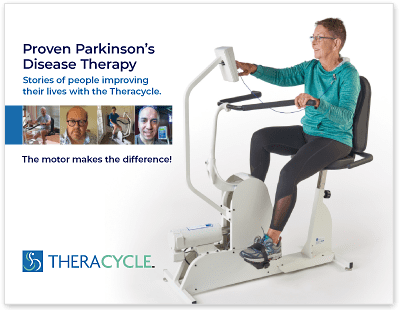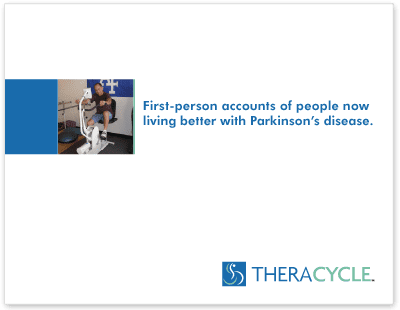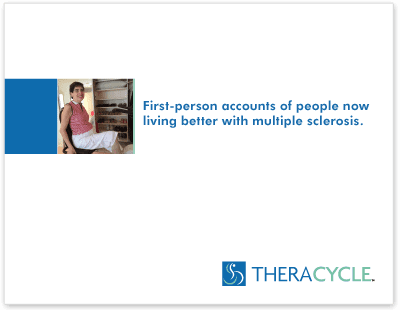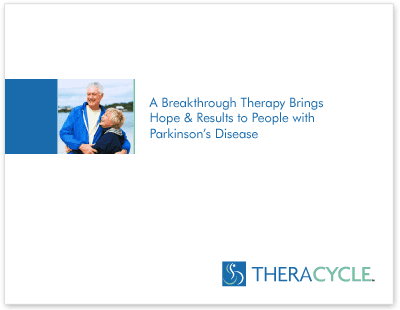- ›
- Stories
- ›
- Uncategorized
- ›
- The Benefits of Tai Chi in Managing Parkinson’s Disease
Stories
The Benefits of Tai Chi in Managing Parkinson’s Disease
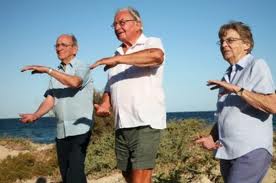
Discontent with drug treatments and Deep Brain Stimulation approaches, many people living with Parkinson’s disease are exploring and pursuing a wide range of therapies to improve their symptoms.
While The Theracycle Blog has extensively detailed how a “Forced Exercise” regimen of riding a Theracycle has benefited PD patients, worldwide—we think it’s important for our blog to cover other alternative therapies…
Dr. Patrick Massey, MD, PhD—an Illinois-based physician is a practitioner of advanced medical and physical therapies that combine what he describes as “the best of traditional and non-traditional medicine.”
Medical director of Complementary and Alternative Medicine for the Alexian Brothers Hospital Network, Dr. Massey runs ALT-MED, a helpful website with a patient-focused approach with useful information and resources.
Here’s a recent article from Dr. Massey with his professional opinion on how “Parkinson’s patients could benefit from tai chi”…
Parkinson’s Patients Could Benefit From Tai Chi
By Patrick Massey, MD, PhD
Can practicing a centuries-old martial art improve balance in patients with Parkinson’s disease? One research study suggests that the regular practice of tai chi can improve balance and postural control in such patients.
It seems intuitive that exercise would benefit Parkinson’s disease patients and physical activity is often prescribed. However, there is a surprising lack of well-designed studies on this topic. One recent study on tai chi as physical therapy significantly expands this body of knowledge.
Parkinson’s disease is named after an English physician, James Parkinson, who studied it in 1817. Parkinson’s disease is the result of a part of the brain, the substantia nigra, gradually dying. The substantia nigra is a center for the production of the neurotransmitter dopamine. There are probably many causes for Parkinson’s disease, but it does not seem to be genetically transmitted.
Parkinson’s disease is characterized by increasing stiffness and movement-related conditions, such as shaking, tremors, slow walking and increasing difficulty with handwriting and balance. Parkinson’s disease affects at least half a million people in the U.S. and is growing by about 50,000 new cases a year. As the population ages, these numbers are expected to only increase.
Medical therapy for Parkinson’s disease primarily consists of medications that supply dopamine and dopamine-like substances to the brain. However, over time the cells of the substantia nigra die and medication lose its effectiveness. Annual medical costs of Parkinson’s disease may exceed $23 billion. Any therapy that can improve the quality of life is important and will probably reduce medical costs.
There are many studies demonstrating that tai chi can improve balance, strength and coordination, especially in the elderly. Published this year in the prestigious New England Journal of Medicine are the results of a clinical trial from Oregon demonstrating that the regular practice of tai chi is beneficial for balance and posture problems associated with Parkinson’s disease. In this study, 195 participants with mild to moderate Parkinson’s disease were randomly divided into three groups: tai chi, resistance training or simply stretching. The program consisted of 60-minute sessions, twice-a-week for a total of 24 weeks.
Although resistance training was better than stretching, those in the tai chi group did significantly better than either the resistance training or stretching groups in almost all parameters including reducing falls. The benefits of tai chi were still seen at least three months after completion of the study.
Tai chi has been described as “moving meditation.” The health benefits of meditation are well documented. Although there is no research to suggest that tai chi can slow the progression of Parkinson’s disease, the practice of tai chi requires a strong mind-body connection, and this early data suggests significant benefit. Some physical therapy programs have and are incorporating tai chi movements into their practice. With little or no side effects, tai chi seems to be just what the doctor should order.
###
About the Author:
Patrick B. Massey, M.D., Ph.D is medical director for complementary and alternative medicine for the Alexian Brothers Hospital Network.
Source: www.alt-med.org




